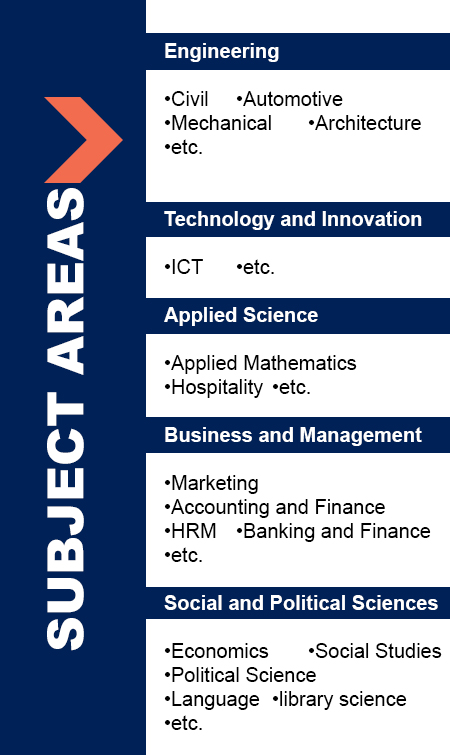Embracing mobile financial inclusion in the wake of Covid-19 pandemic: The mediating role of cognitive and affective-based trust embeddedness
DOI:
https://doi.org/10.47127/ijtmr.v7i1.148Keywords:
Financial inclusion, Ghana, social capital, trust, mobile financial serviceAbstract
The aim of the study is to examine the role of social capital in the formation of mobile financial
service users’ adoptive behaviours toward service providers in the context of the financial
technological regime of Ghana. The study used a total of 417 sample data from a self-administered
questionnaire to achieve its objectives. Structural equation modeling was employed to analyze the
direct effects of social capital and the mediation role of cognitive-based trust and affective-based trust
on mobile financial service. The results of the study demonstrate that social capital, cognitive-based
and affective-based trust collaboratively impact on the adoptive lifestyle of mobile financial service
users. Specifically, both cognitive-based and affective-based trust mediate between social capital and
mobile financial inclusion to inform users’ behavioral intentions. The results however, reveals that
affective-based trust plays a significant role in shaping mobile financial service users’ behavioral
intentions than cognitive-based trust. In detail, the study indicates that social capital directly impacts
on the adoptive behavior of mobile financial service users. It is therefore, recommended that in the
present era of Covid-19 pandemic and its attendant social distancing protocols, mobile financial
service providers should invest heavily in social media channels to develop their corporate social
capital brand in order to deepen their bondage with users. The study makes a vital contribution to the
evolving debate on mobile financial inclusion, information system and consumer psychology from
African perspective. The study acknowledges the contributions of prior studies to the afore-mentioned
strands of discipline and the chasm in literature. Specifically, this study is the first of its kind to
empirically examine the influential functions of social capital, cognitive-based trust and affective-based
trust on mobile financial inclusion from the len of the Ghanaian financial technological landscape.
The study will equip industry players with the needed know-how to enhance their profitability and
operational competitiveness.








